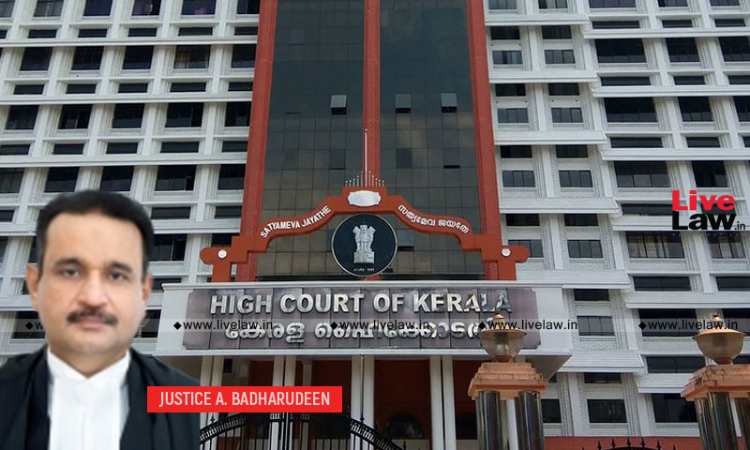S.138 NI Act | Fine Imposed Must Not Exceed Double The Cheque Amount: Kerala High Court
Athira Prasad
22 Oct 2022 7:24 PM IST

Next Story
22 Oct 2022 7:24 PM IST
The Kerala High Court on Wednesday said that the maximum amount of fine, including the interest, imposed in a case under Section 138 of the Negotiable Instruments Act, 1881 must not exceed twice the amount of the cheque.Justice A. Badharudeen said the punishment provided for commission of offence under Section 138 of the N.I Act is imprisonment for a term which may extend to two years or...
